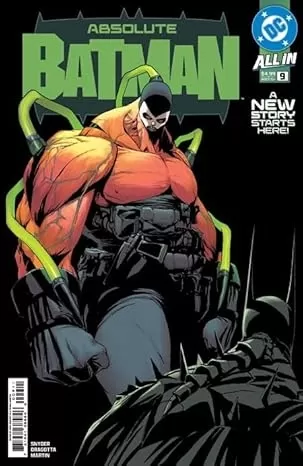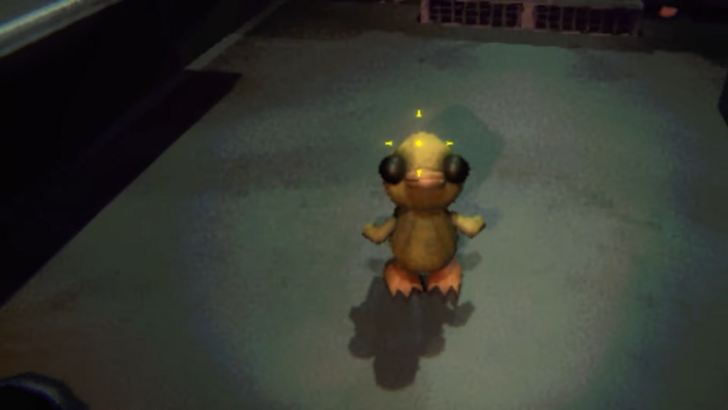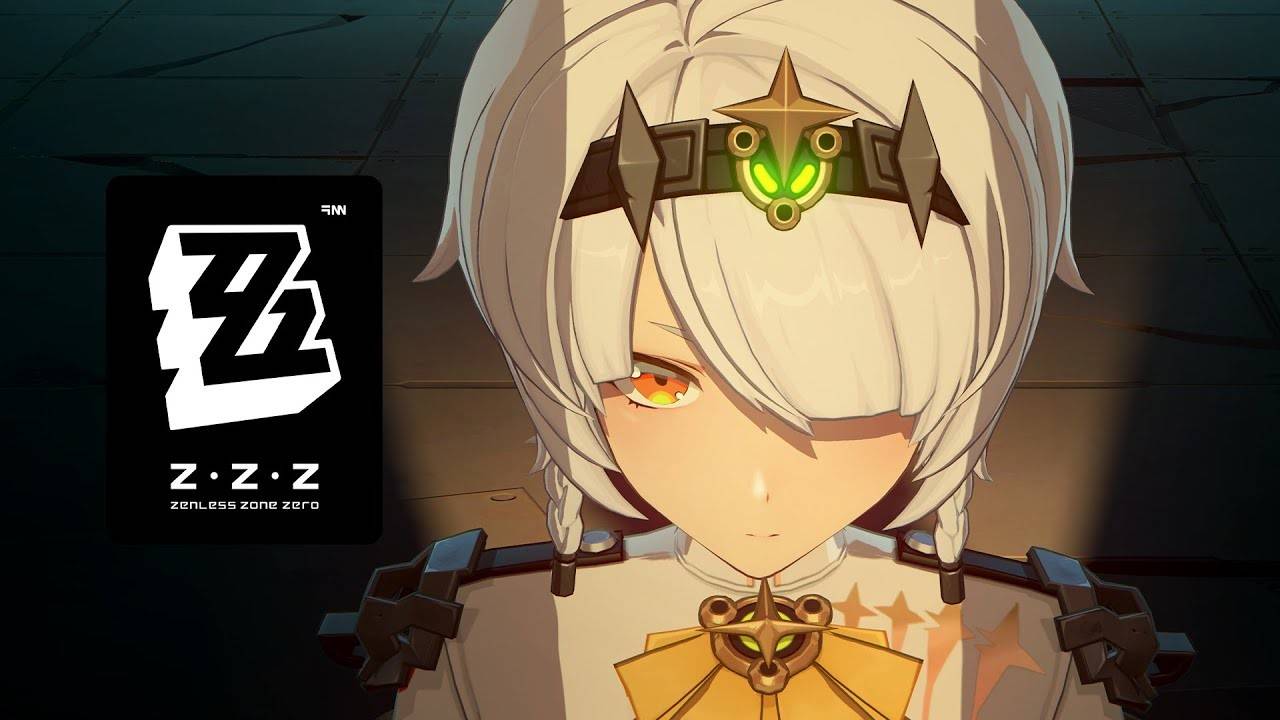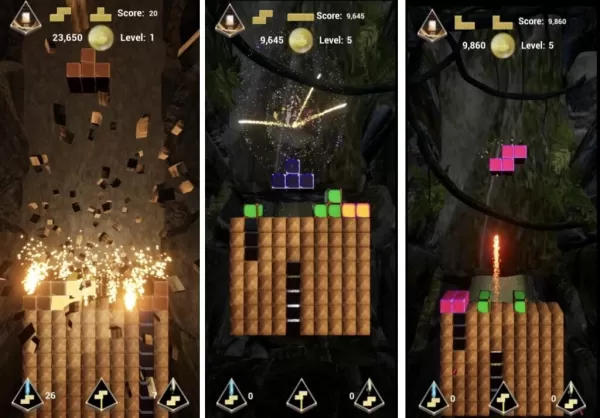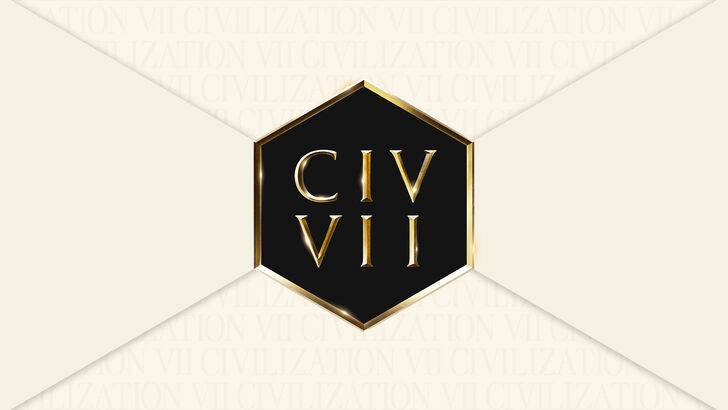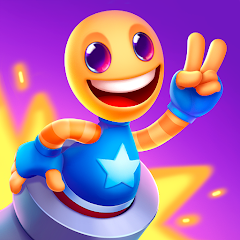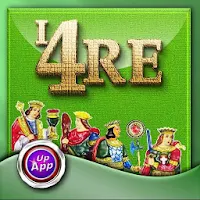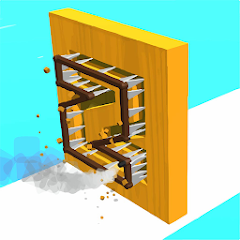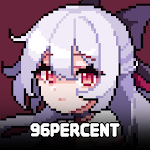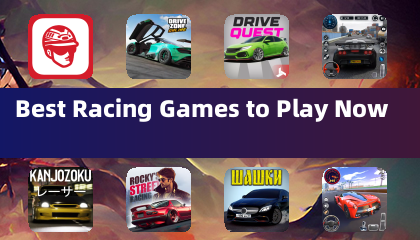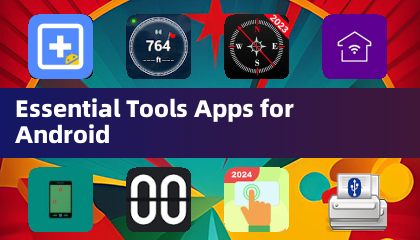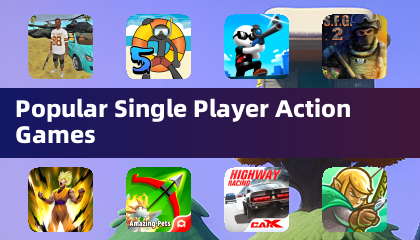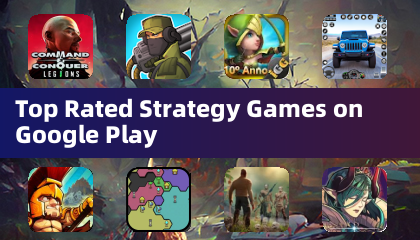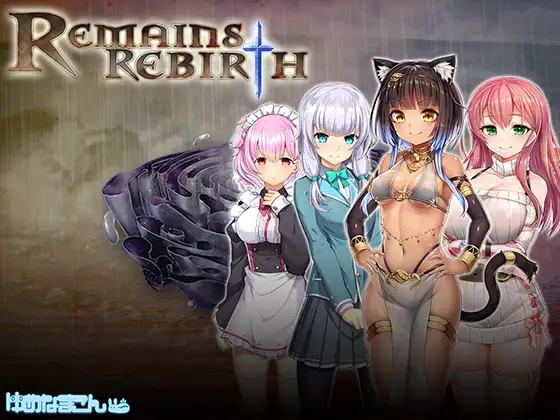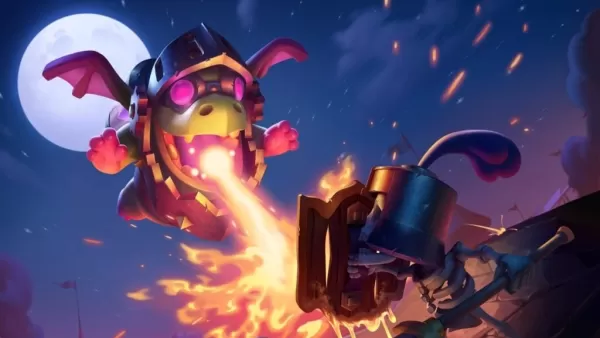
This week's Xbox Podcast delivered bittersweet news about Playground Games' highly anticipated Fable reboot. While we got a rare gameplay glimpse, the treasure came with a curse - the game's launch has been pushed from this year to 2025. Though delays often feel agonizing, they typically signal developers striving for quality rather than impending doom. For Fable, this extra year could mean more time to cultivate its richly detailed world.
Why Now is the Perfect Time to Revisit Fable 2
While we wait, there's no better opportunity to experience Fable 2, the series' crowning achievement. Even 15 years after its 2008 debut, Lionhead Studios' RPG remains astonishingly unique. Compared to contemporaries like Fallout 3 (which launched mere days later) or BioWare's early 3D titles, Fable 2 forged its own path.
The game simplifies traditional RPG mechanics into an incredibly accessible package. Instead of complex stat systems, it features just six core skills governing attributes like strength and health. Weapons have a single damage rating, while armor lacks stats entirely. Combat becomes a lighthearted swashbuckling affair, enhanced by creative spells like Chaos that make enemies spontaneously dance or scrub floors. Even dying carries minimal penalty - just a small XP deduction.
Fable 2's Living World Remains Unmatched
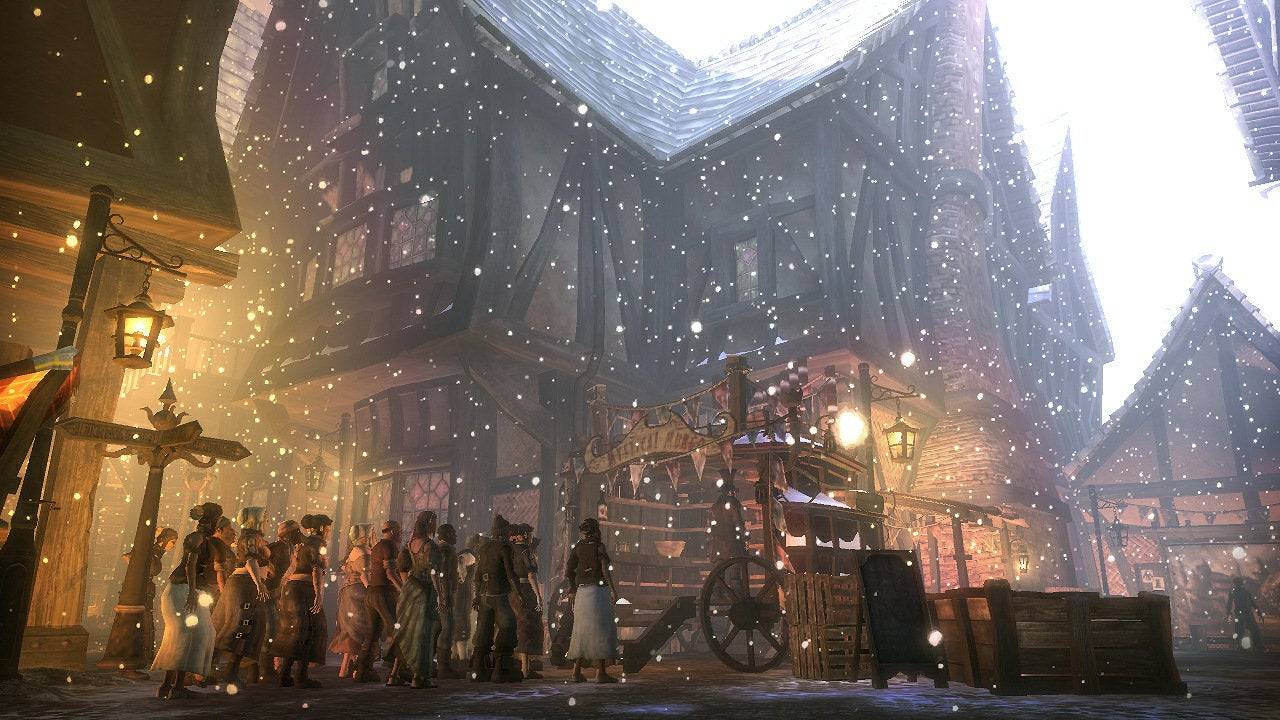
What truly sets Fable 2 apart is Albion's vibrant simulation. The world operates like clockwork - town criers announce shop openings, villagers pursue daily routines, and every NPC reacts dynamically to your presence. Through an expansive gesture system, you can charm, insult, or romance nearly anyone. A perfectly timed fart might send pub patrons into hysterics, while mocking children could make them flee crying.
The property system deepens this immersion. You can purchase homes or businesses, become a landlord, and even start families by wooing townsfolk. While these systems feel artificial individually, together they create an unparalleled sense of a living society - a quality few RPGs have matched since. Even modern masterpiece Red Dead Redemption 2 echoes some of Fable 2's innovations in NPC reactivity.
The Joy of Binary Morality
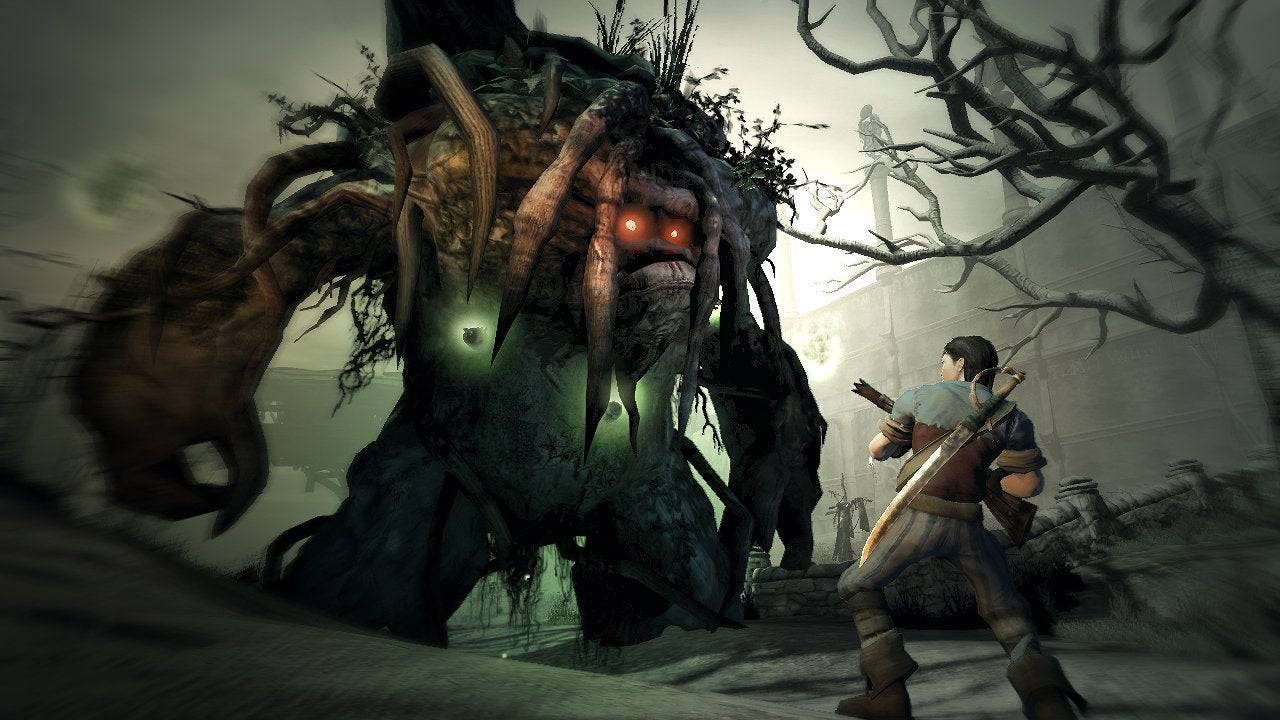
Modern RPGs emphasize moral nuance, but Fable revels in pure binary choices. Will you be Albion's shining paragon or its detestable villain? Early quests set the tone - help a merchant by clearing pests, or deliberately ruin his stock. Later, a ghost might demand you either torment his ex-lover or marry her. While these choices lack subtlety, they embrace the series' comedic tone and British humor. Your appearance noticeably changes too - persistent evil deeds literally sprout devil horns.
This philosophy creates meaningful differentiation that modern RPGs often lack. Rather than diluted "evil" options that ultimately lead to the same outcome, Fable 2 lets you fully embrace wickedness with dramatic consequences.
What the Reboot Must Preserve
The brief gameplay glimpse hints at an expansive open world with stunning detail. But beyond improved graphics, Playground must retain Fable's essence - its living society simulation, outlandish humor, and moral extremes. We don't need another gritty Witcher clone or complex CRPG. We need Fable to stay unmistakably Fable, embarrassing farts and all.
With a year remaining before launch, now's the perfect time to revisit Fable 2 through backward compatibility. Its creative vision remains as fresh as ever, and serves as the perfect blueprint for what this reboot should - and shouldn't - aspire to be.


